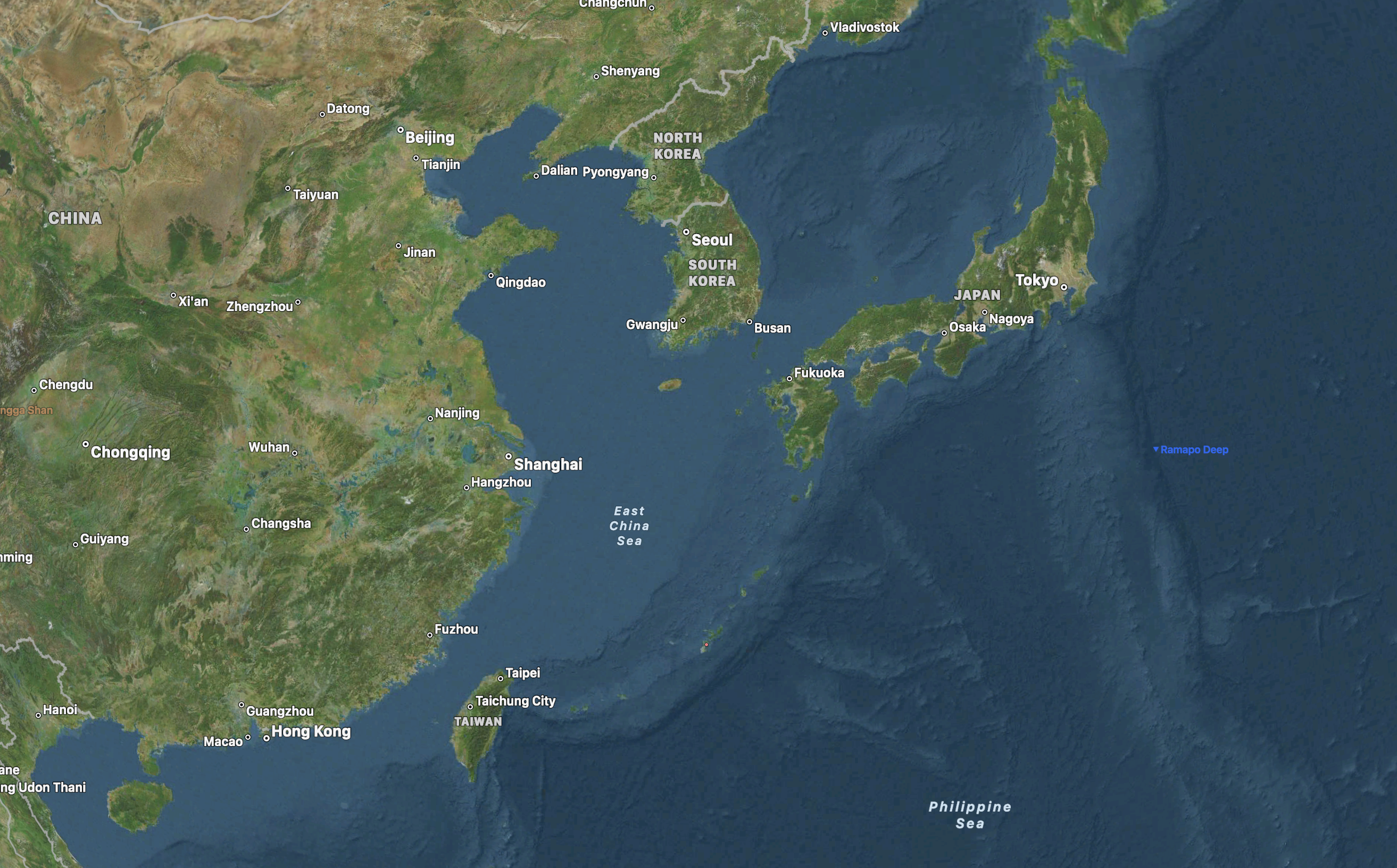New announcements on deeper military cooperation between the U.S. and Japan — paired with Tokyo's drive to strengthen its own defense capabilities — confirm that the officially pacifist nation is a growing military power in East Asia. The moves could also give the U.S. new tools to defend against a potential invasion of Taiwan.
Why it matters: Japan was already arguably America's most powerful ally in Asia. Now spurred on by Russia's invasion of Ukraine, unprecedented missile launches from North Korea, and Chinese aggression toward Taiwan, Japan is doubling down on the U.S. alliance and plans to double its own defense spending by 2027.
- Prime Minister Fumio Kishida arrived in Washington on Thursday, a month after unveiling landmark new national security documents that push the boundaries of Japan's pacifist constitution.
- After a long and contentious domestic debate, Japan plans to seek "counterstrike" capabilities — longer-range missiles like the American-made Tomahawk that could take out launch sites in China or North Korea in the event of war.
- Plans to hike spending to 2% of GDP by 2027 would make Japan's defense budget the third highest in the world behind the U.S. and China. However, the government could struggle to find the money. A recent poll found that 65% of the public opposes tax hikes to increase defense spending.
- Kishida's visit is part of a tour of the G7 club, which Japan will chair this year. Earlier this week, Kishida and U.K. Prime Minister Rishi Sunak signed a defense pact that will make it easier to conduct joint exercises and deploy troops to each other's territories.
Driving the news: Ahead of Kishida's stop in Washington, which will include meetings with President Biden on Friday at the White House, the U.S. and Japanese foreign and defense ministers made a series of joint announcements.
- The allies will extend their security treaty to include attacks in space, such as on satellites linked to air defense systems. They also plan to develop a new joint command and control structure.
- They also announced a reorganization of the U.S. Marines' presence in Okinawa. A new littoral regiment will be armed with anti-ship missiles, and it'll be able to quickly mobilize across Japan's southwestern islands.
- The reorganization will allow the regiment to "quickly respond to an imminent threat," Foreign Ministry spokesperson Yukiko Okano told reporters in a briefing this week.

Between the lines: Okano didn't specify which threat, but some of Japan's southwestern islands lie just 100 miles from Taiwan.
- China's exercises around the self-governing island last year following then-House Speaker Nancy Pelosi's visit — during which Chinese missiles landed in Japan's exclusive economic zone for the first time — were a source of deep concern in Tokyo.
- The Taiwanese government is keeping quiet about the news, but officials are privately thrilled, Axios' Bethany Allen-Ebrahimian reports from Taipei.
- One official, who requested anonymity because they were not authorized to speak to the press, told her it was a "welcome development that will support deterrence and stability in the region."
Chinese Foreign Ministry spokesperson Wang Wenbin on Thursday said that "military cooperation between the U.S. and Japan must not harm the interests of third parties or undermine the peace and stability in the region."
- Okano said Beijing's reaction to Japan's recent defense announcements had been relatively measured and that Japanese officials would continue to communicate with their Chinese counterparts as to why they were necessary.
- She noted that Japan and China are neighbors with very deep economic links. "We need to say what we need to say, but we need to think about ways to cooperate as well."
- Some analysts have warned of a potential cycle whereby the U.S. and its allies continue to build up their capabilities to respond to a perceived threat from China, which in turn will do exactly the same thing.
Zoom out: China is not the only reason for Japan's increased attention to its national defense.
- North Korea launched a missile over Japan in October and is testing missiles capable of reaching Japan with unprecedented regularity.
- For residents of Japan who've been woken up by sirens warning of a potential attack, Pyongyang likely feels like the more immediate threat, Okano said.
That's certainly the case for the other close U.S. ally in East Asia.
- Breaking a long-standing taboo, South Korea President Yoon Suk-yeol said Wednesday for the first time that South Korea would consider developing nuclear weapons, or asking the U.S. to position them on the peninsula if the threat from the north continues to escalate.





